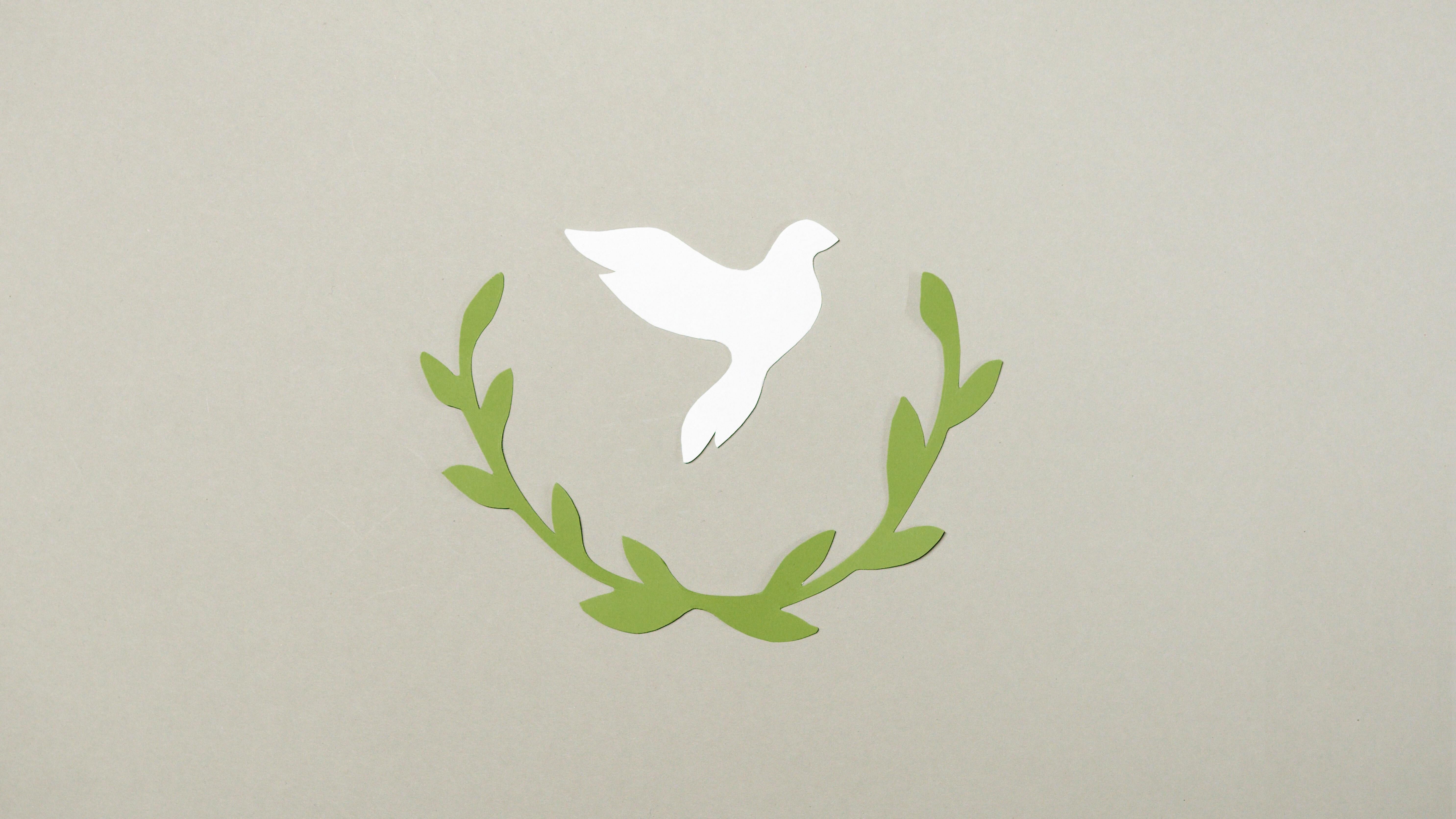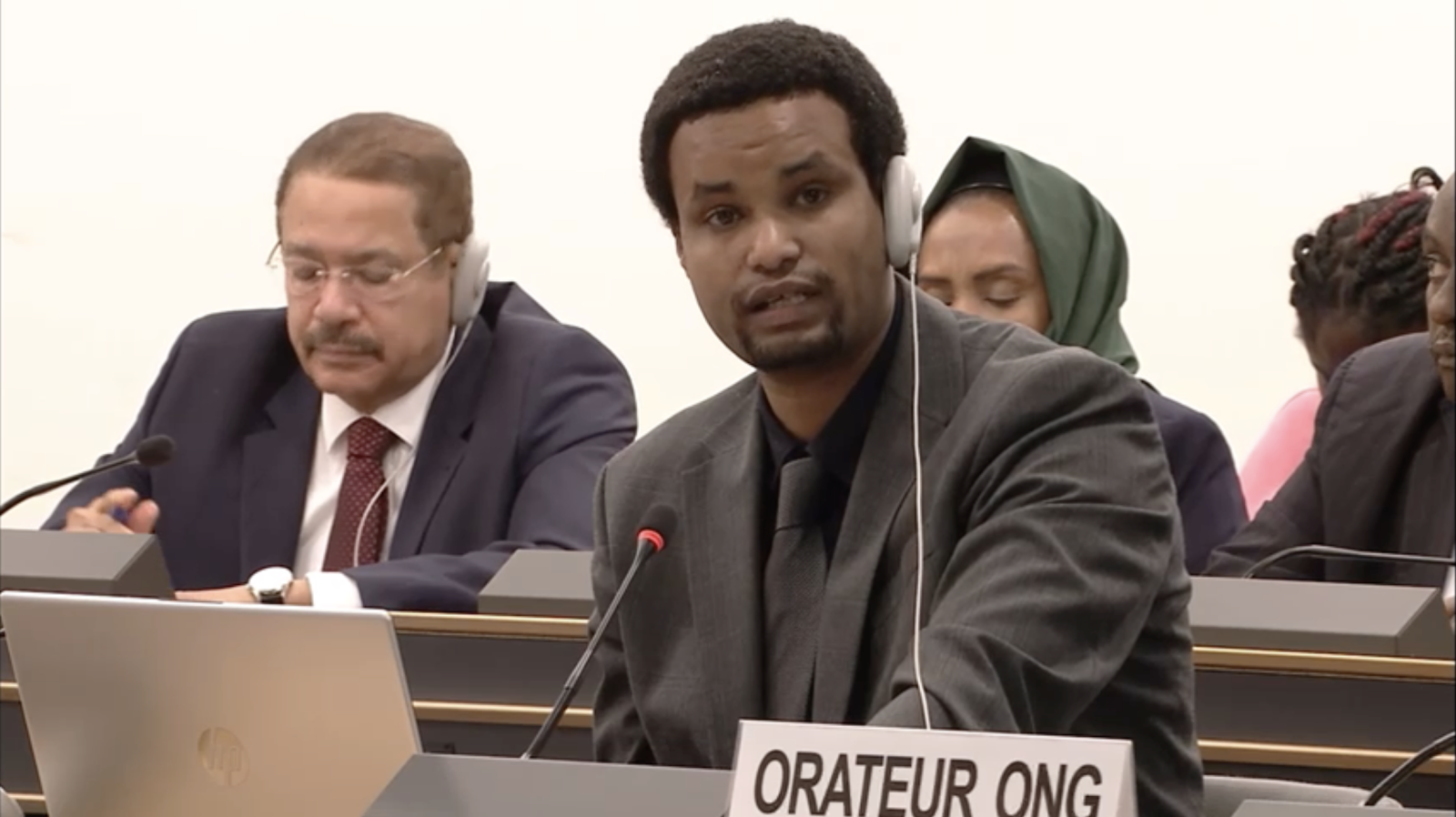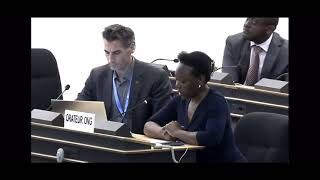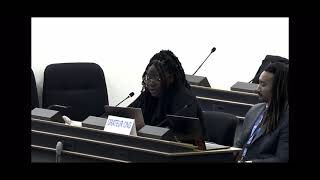 Image source: https://www.flickr.com
Image source: https://www.flickr.com
“Act Now for a Peaceful World” - International Day of Peace: September 21
By Astrid Bochnakian / GICJ
Introduction
At a time when the world continues to grapple with a high number of active conflicts, the International Day of Peace, observed on 21 September, reminds us of our shared responsibility to build a peaceful future. This year’s theme, “Act Now for a Peaceful World,” calls for concrete action and renewed global cooperation to make peace a lived reality.
Contextualising Peace Day
Established in 1981 by the United Nations General Assembly, the International Day of Peace is meant to commemorate and strengthen the ideals of peace enshrined in the UN Charter. Since 2001, 21 September has officially been designated as a day of non-violence and ceasefire [1].
Celebrating this day is especially relevant as peace is not solely the absence of a conflict but contributes to upholding human rights and preserving life and dignity. It allows diverse communities to coexist, fostering tolerance, dialogue, and cultural exchange, as well as strengthening the rule of law, fair political processes, and citizen participation. Peace also enables sustainable growth and prosperity, and attracts economic opportunities, benefiting entire populations.
UN and Peace
Peace is the very foundation of the UN, which was founded to ensure security and stability among the international community. It serves as a platform for dialogue and conflict prevention, ensuring that war remains the very last resort in disputes between states. Without peace, none of the UN objectives can be fulfilled, including human rights, sustainable development, humanitarian relief, and international cooperation.
Since 2000, the UN Peacebuilding Commission has worked to address potential drivers of violence, including poverty, inequality, discrimination, and injustice. Additionally, the UN Sustainable Development Goals aim to foster a climate of peace, especially SDG 16, which promotes peaceful and inclusive societies, provides access to justice for all, and builds effective, accountable, and inclusive institutions at all levels. More recently, the Pact for the Future has contributed to addressing emerging challenges, and the Act Now Campaign works to facilitate engagement towards peace.
Peacekeeping missions are one of the most visible UN tools to maintain international peace and security. Although imperfect, they remain a vital instrument as they reduce violence, protect civilians, and create the conditions for political solutions.
Actions towards Peace
This year’s theme is dedicated to concrete action fostering a climate of peace. Acting towards peace can take many forms, from the individual to the collective level and from the local to the global scale. Everyone can implement small steps towards peace in their everyday life, including practising empathy and active listening, promoting dialogue within a community, and standing up against discrimination. Yet, when it comes to the global level, it seems more difficult to act towards peace, especially at a time of conflict.
With the multiplication of both international and non-international armed conflicts, our generation tends to think that peace is lost, especially as a genocidal war is unfolding in front of our eyes. The principles of peace and the processes that contribute to building it are constantly violated by those who ought to uphold it. All international frameworks, whether it be human rights law, humanitarian law or even the UN Charter, were meant to strengthen and safeguard peace when duly respected. They were seen as necessary after the atrocities of both world wars. Yet they are now blatantly violated by States, including the permanent members of the UN Security Council, in full impunity.
Ending impunity as a factor of peace
While small steps in daily life and within communities are essential to fostering peace, it also requires structural change at the national and international level. One of the most critical of these structural elements is ensuring justice and accountability. Ending impunity for grave human rights violations and crimes under international law is essential to break cycles of violence and prevent future atrocities, ensuring lasting peace. When perpetrators of war crimes, genocide, or crimes against humanity are left unpunished, it sends the dangerous message that violence is tolerated, fueling mistrust and prolonging conflict. By contrast, accountability reinforces the rule of law and affirms that no one is above justice.
Justice also plays a central role in restoring dignity to victims and survivors. Recognising their suffering and holding perpetrators accountable is not only a moral imperative but also a practical step toward healing and reconciliation. It fosters trust in institutions and demonstrates that disputes can be resolved through lawful and peaceful means, rather than through revenge or continued violence.
From international tribunals to the International Criminal Court, global mechanisms are crucial actors of peace, especially when states are unable or unwilling to act. They represent the collective responsibility of the international community to ensure that crimes do not go unanswered. Ending impunity is not only about addressing the past, but about protecting the future: it is the cornerstone of stable, just, and peaceful societies.
Conclusion: a call for peace
This year’s International Day of Peace is a reminder that peace is both a global responsibility and a daily commitment. Building a more peaceful world means acting at every level: by practising empathy and dialogue in our personal lives, by resisting violence through solidarity, and by strengthening international mechanisms that uphold justice and end impunity. Peace is not simply the absence of war. Instead, it is a conscious practice rooted in dignity, fairness, and accountability. 21 September is not just a symbolic celebration; it is an opportunity to commit to concrete action: to speak out against injustice, to foster reconciliation in our communities, and to support global efforts that ensure crimes do not go unpunished. Only through such actions, large and small, can the vision of a just and lasting peace truly become a reality.
Geneva International Centre for Justice (GICJ) calls people to promote peace in their lives and communities, and build peaceful societies. We call on States to respect international frameworks that guarantee stability and peacefulness. GICJ urges governments to uphold accountability and end impunity to restore the dignity of victims and survivors, and contribute to peace. We reiterate that peace is built at all levels, by both collective and individual actions.







